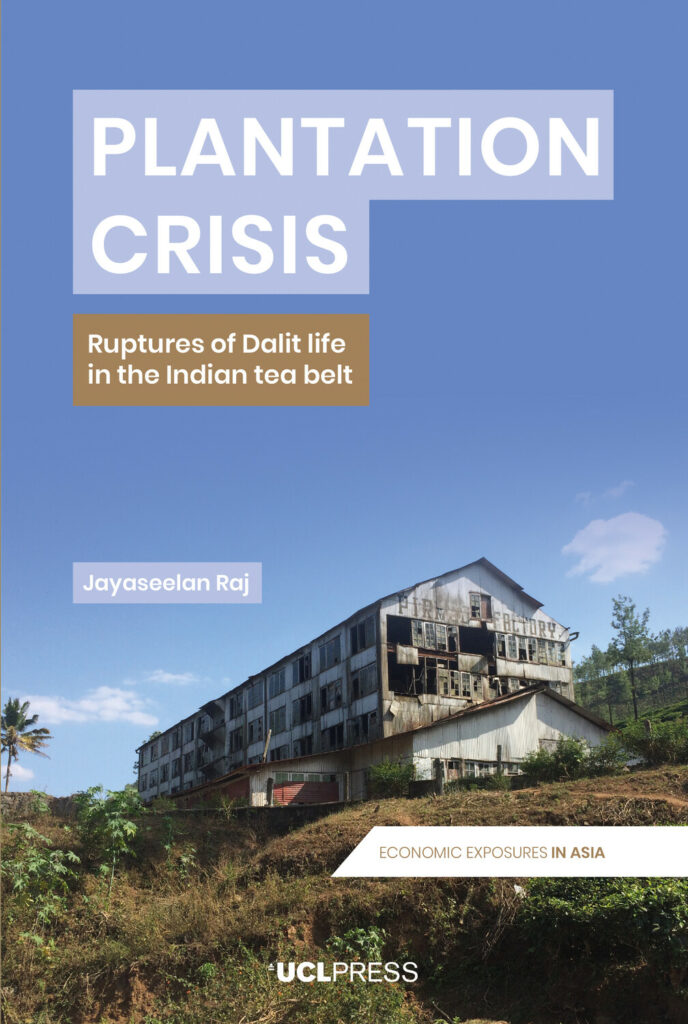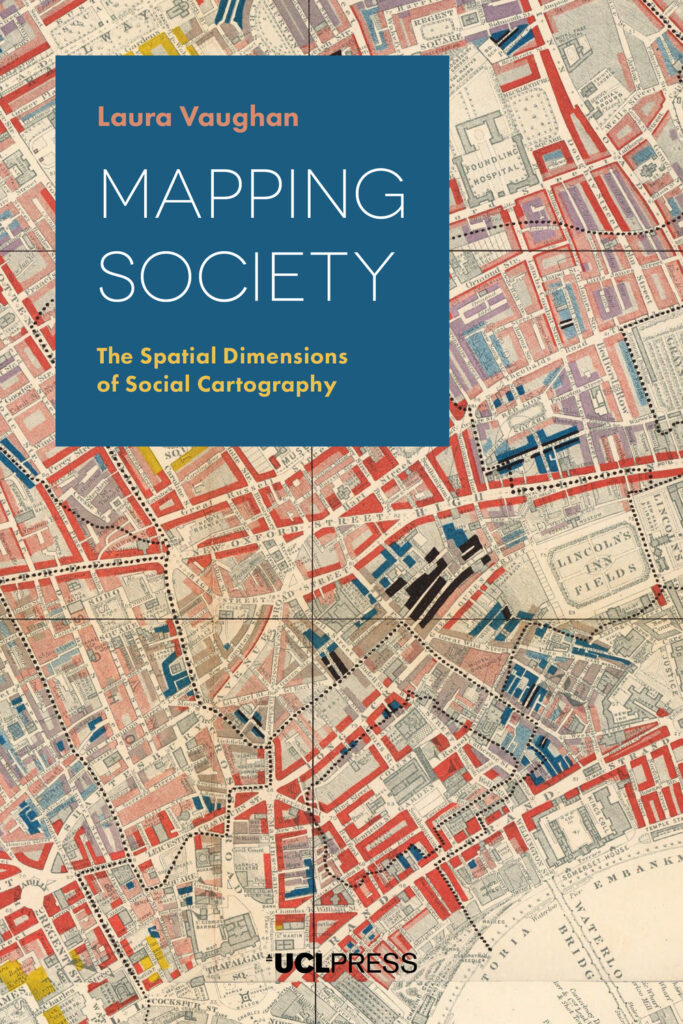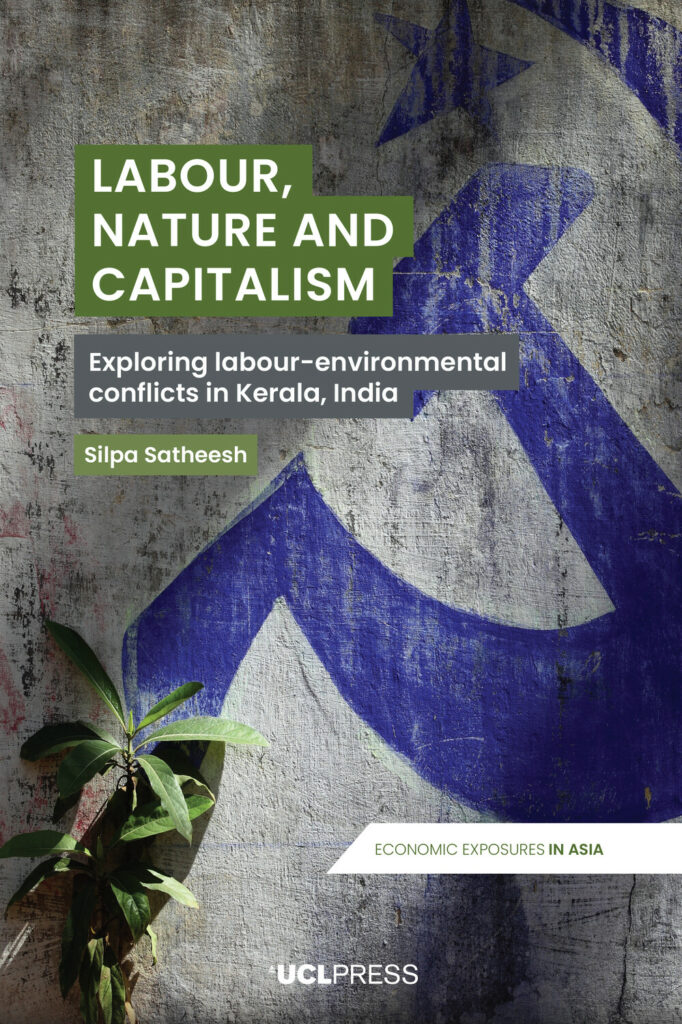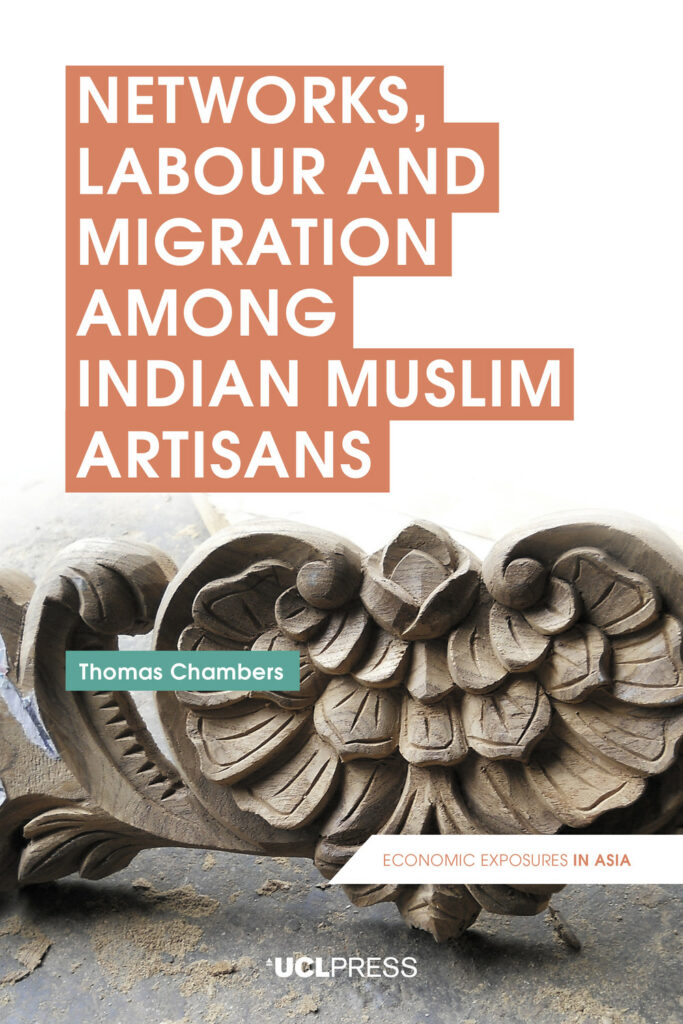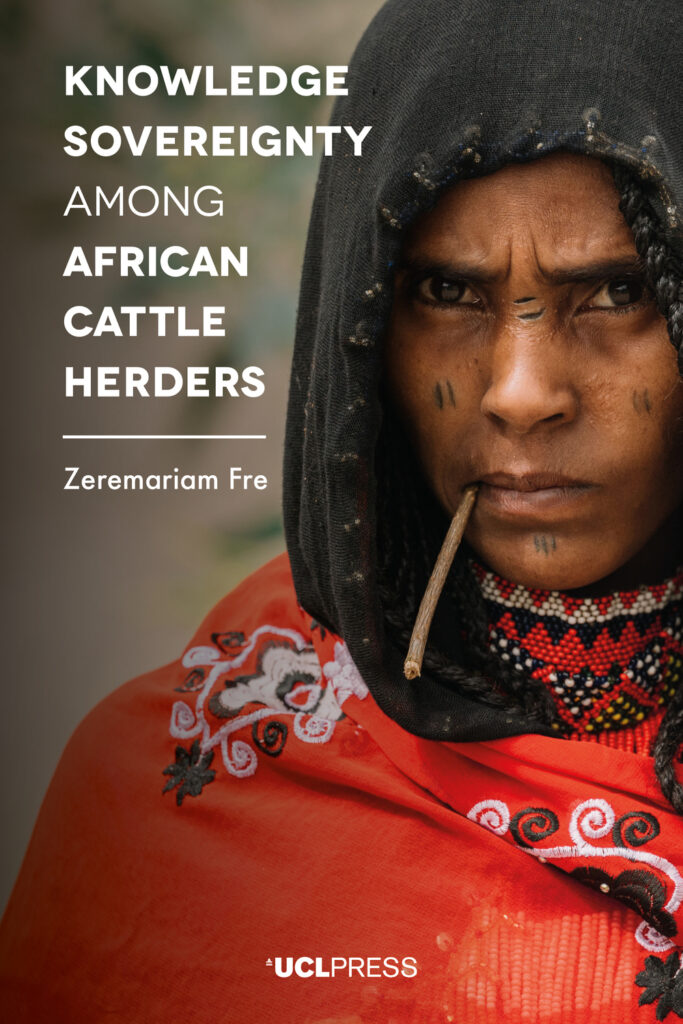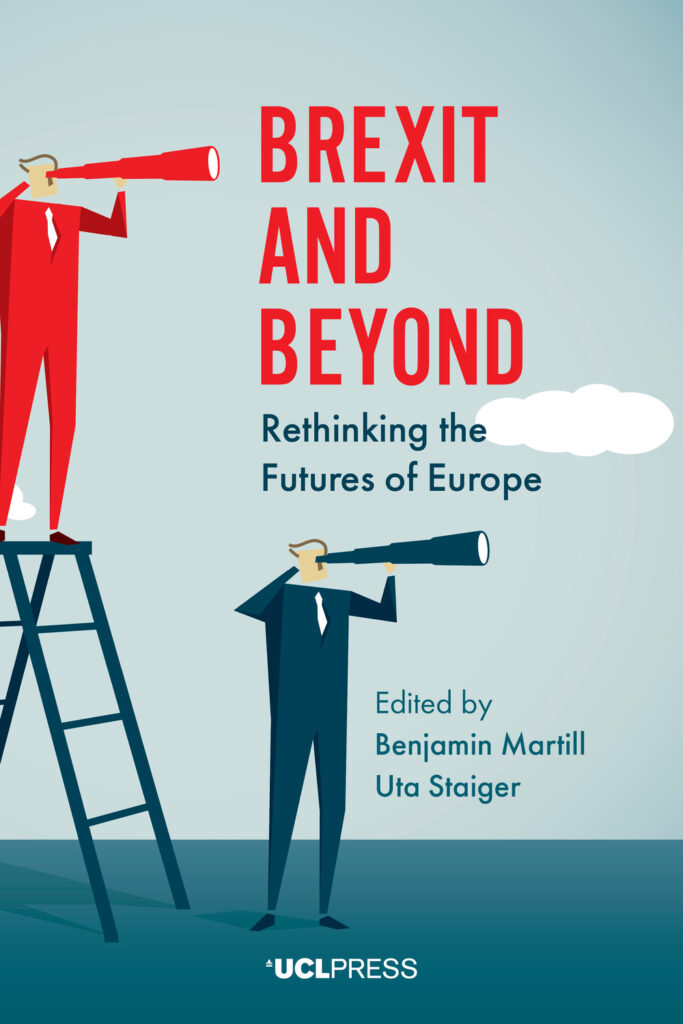Beni-Amer cattle owners in the western part of the Horn of Africa are not only masters in cattle breeding, they are also knowledge sovereign, in terms of owning productive genes of cattle and the cognitive knowledge base crucial to sustainable development. The strong bonds between the Beni-Amer, their animals, and their environment constitute the basis of their ways of knowing, and much of their knowledge system is built on experience and embedded in their cultural practices.
In this book, the first to study Beni-Amer practices, Zeremariam Fre argues for the importance of their knowledge, challenging the preconceptions that regard it as untrustworthy when compared to scientific knowledge from more developed regions. Empirical evidence suggests that there is much one could learn from the other, since elements of pastoralist technology, such as those related to animal production and husbandry, make a direct contribution to our knowledge of livestock production. It is this potential for hybridization, as well as the resilience of the herders, at the core of the indigenous knowledge system.
Fre also argues that indigenous knowledge can be viewed as a stand-alone science, and that a community’s rights over ownership should be defended by government officials, development planners and policy makers, making the case for a celebration of the knowledge sovereignty of pastoralist communities
Praise for Knowledge Sovereignty Among African Cattle Herders
‘Well-written, easy to read and comprehend by the general reader. It is a must-read for specialists in the fields of animal science, veterinary medicine, indigenous knowledge systems and pastoralism in Africa.’
African Review of Economics and Finance
‘This book greatly contributes to the limited literature on theoretical discourses and practices on indigenous knowledge of livestock herding communities in the Horn of Africa. It discusses knowledge heritage and sovereignty through the presentation of valid empirical evidence, and its subsequent relevance in nurturing sustainability of knowledge systems to enhance lives of pastoralists in Africa and beyond.’
Samuel Tefera PhD, Assistant Professor and Asian Desk Coordinator at the Centre for African and Oriental Studies, Associate Dean for Research and Technology Transfer, College of Social Sciences, Addis Ababa University
‘The author has worked with our Beni-Amer pastoral communities in Eastern Sudan and Western Eritrea for over 30 years and this book is the first of its kind in documenting our practices, knowledge systems, heritage and way of life.’
Mustafa Faid and Mohamed Ali, Leaders of the of the Pastoral and Environmental Association Kassala State (PEAKS)
‘This important book arrives at a key moment of climate and food security challenges. Fre deploys great wisdom in writing about the wisdom of traditional pastoralists, which – reflecting the way complex natural systems really work – has been tested through history, and remains capable of future evolution. The more general lesson is that both land, and ideas, should be a common treasury.’
Robert Biel, Professor of the Political Ecology of Sustainable Food, The Bartlett Development Planning Unit, UCL
‘A riveting and rare book! Zeremarian Fre guides you along the sandy [dusty] tracks and grassy pastures that the Beni-Amer and their herds have been softly tracing over time all through the Horn of Africa. One of the virtues of the book is that it illustrates vividly and in clear language how their continuous self-built endogenous knowledge on agro-pastoral life is not only at the core of their survival and the survival of their herds, but more importantly a powerful weapon in facing and resisting multiple aggressions . . . Ground-breaking and a huge achievement.’
Yves Cabannes, Emeritus Professor of Development Planning,, The Bartlett Development Planning Unit, UCL
‘The book underlines the importance of enriching and utilizing the unrecognized, yet valuable scientific knowledge and practices that are deeply rooted in pastoral traditional expertise about their own environment and breeding practices. It is an important publication that reflects Dr Fre’s expertise and long term research in the region and thus, it is a significant addition to the African library.’
Hala Alkarib, Director of the Strategic Initiative for Women in the Horn of Africa (SIHA)
‘This fascinating book not only gives a unique insight into the knowledge and practice of pastoralists in the Horn of Africa from the author’s first-hand experience, it also provides an incisive critique of the multiple dimensions of knowledge, paying tribute to the sovereignty of indigenous knowledge. It has a timely relevance for global sustainability that will appeal to a wider readership.’
Nicole Kenton, International Development Consultant, former long serving senior staff member of the International Institute for Environment and Development (IIED)
‘The book covers several intertwined issues relevant to contemporary development policy and practice. It goes beyond the rural-urban and peasant–nomadic livelihoods dichotomy by shedding more light on the inter-linkages within the multiple livelihood systems within the Horn of Africa and globally. A rich evidence-based resource for academics, development partners and social movements for promoting and designing state policies that embrace pastoralist aspirations.’
Bereket Tsegay MA, PhD candidate, Pastoral and Environmental Network in the Horn of Africa (PENHA)
‘Dr Zeremariam Fre has done a wonderful job of placing at the centre of this book the Beni-Amer pastoralists, the world they inhabit and the knowledge they use to navigate and thrive in it. The lessons contained in this book go beyond pastoralism; it is a must read for anyone serious about understanding the importance of located knowledge in the innovation and development process.’
Yusuf Dirie, PENHA Research Fellow and PhD researcher at the University of Sussex
‘Indigenous knowledge and the sovereignty issues addressed in the book are hallmarks not only to recognize African cattle herders but to use this knowledge to mitigate climate change and appreciate the resilience of these herders. The book will be a major resource for students, researchers and policy makers in Africa and worldwide.*
Mitiku Haile, Professor of Soil Science at Mekelle University (Ethiopia)
